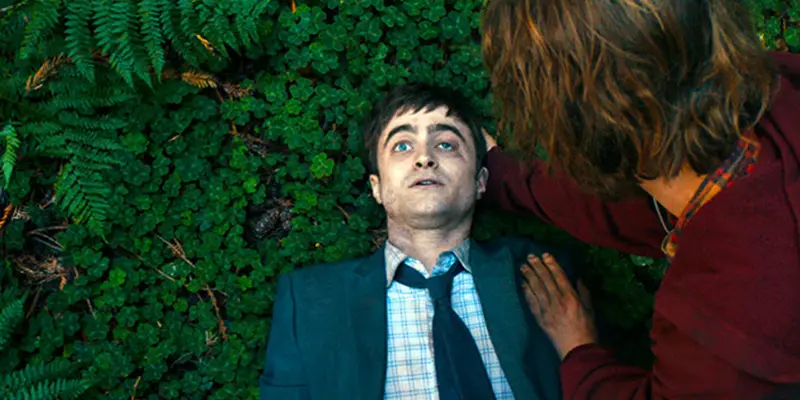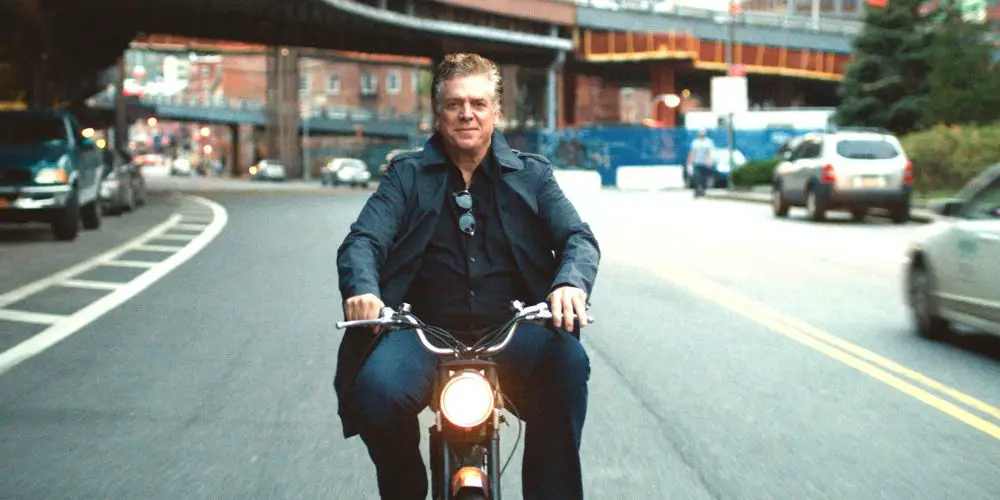drama

Chicken is a British drama directed by Joe Stephenson, which debuted last year in the UK at the Edinburgh Film Festival. It follows Richard and his older brother Polly, who find themselves continuously travelling in their caravan for a place to call home. Richard, younger and more optimistic in his view, seeks stability, but Polly’s ever-increasing abusive behaviour seems to be getting the better of him.

No matter what the critics say, film festival juries frequently appear to be in their own little bubble where they award the top prize to the film with the most political relevance, instead of the best artistic qualities. Last year at Cannes, the middling immigrant drama Dheepan trumped some of the year’s most widely acclaimed movies, from Son of Saul to Carol, for the festival’s top prize. But this was far from the only area critics were left bemused, as Rooney Mara’s performance in Carol suffered the indignity of sharing the Best Actress award with the unhyped Emmanuelle Bercot in My King.
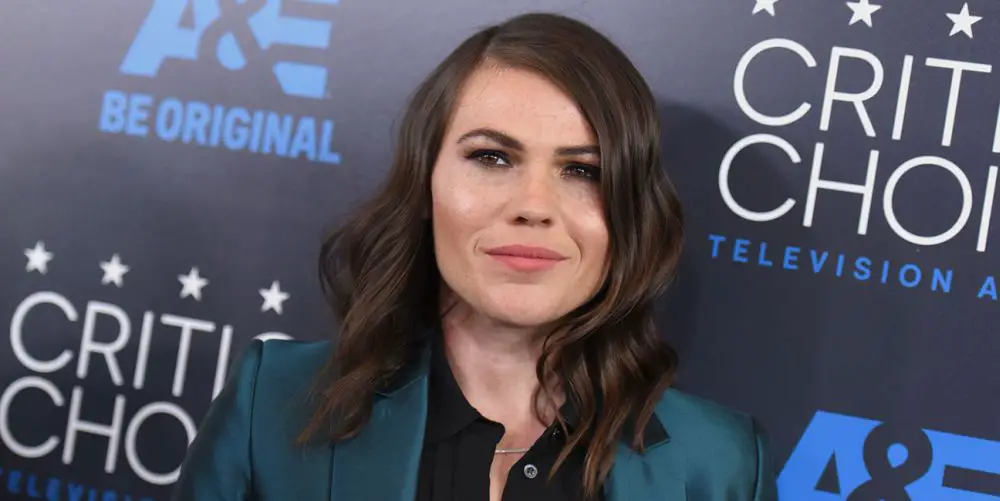
You may not know her by name, but you’ve definitely seen her face and are familiar with her work. She’s been on your small screen and silver screen starring along side Angelina Jolie, Christina Ricci, Zachary Quinto, and Natasha Lyonne to name a few. She may not look as glamorous as your traditional Hollywood starlet and she doesn’t often play the leading role, but Clea DuVall’s natural beauty and talent first grabbed my attention about fifteen years ago on a day I vividly remember.
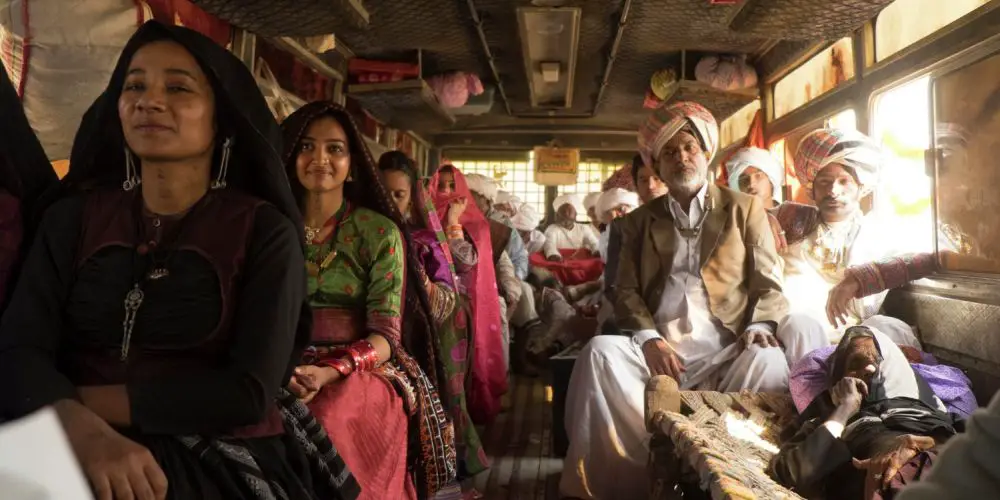
In the beautiful desert landscape of Gujarat, India, director Leena Yadav introduces us to a world of friendship, suffering and heartbreak within a story of four women, trying their best to overcome their individual struggles. Parched explores the ideas of tradition, culture and misogyny in the heart of rural India but with a compelling characters and strong friendships that feel universal to us all. Tradition & Culture The story centers around four women:
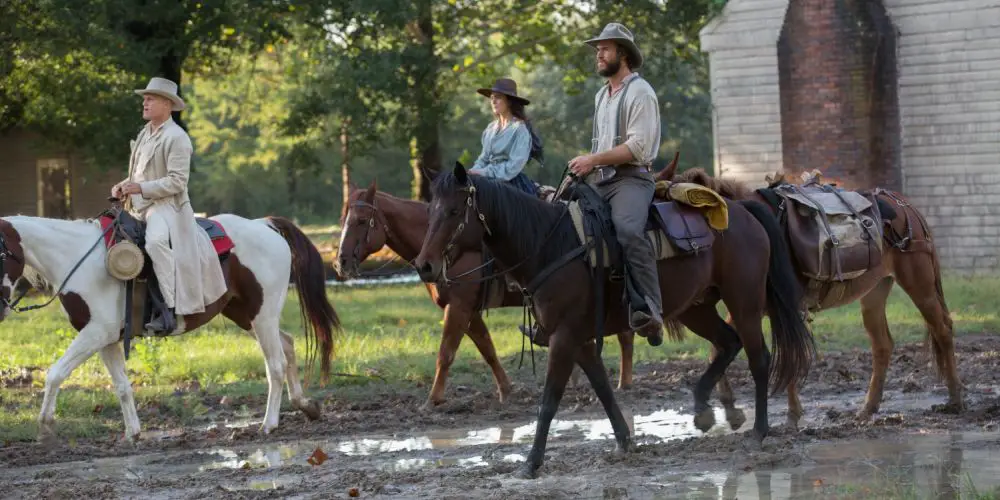
Though starring two A-list actors, The Duel went mostly under the radar when it was first released, opening to limited theaters and VOD. It’s not shocking that audiences wouldn’t flock to see a Western since the genre is not nearly as popular as it used to be, yet in recent years it seems to be making a comeback. Films such as The Hateful Eight, Slow West and Bone Tomahawk have been surprisingly successful, with future Westerns in the pipeline that could be even bigger hits (The Magnificent Seven remake being one example).
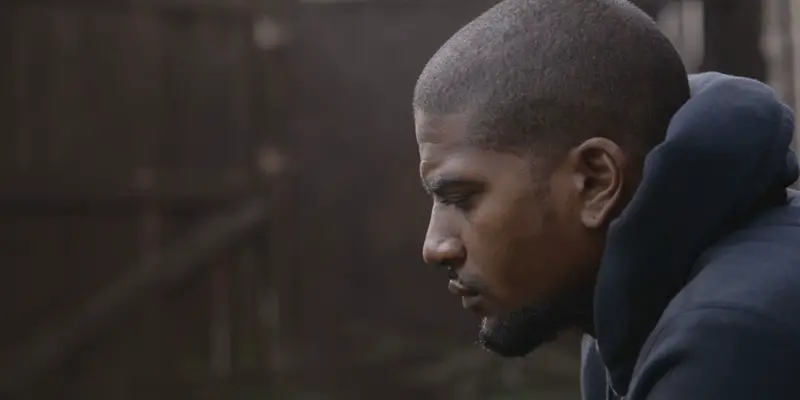
I was lucky enough to get the chance to interview The Hard Stop’s director, George Amponsah, producer, Dionne Walker and co-star Marcus Knox-Hooke, recently, before watching a screening of the film followed by an audience Q&A with Amponsah, Walker, Knox-Hooke and co-star Kurtis Henville. It was one of the most moving and insightful experiences I’ve had for a long time, and I’m still unravelling the many thoughts and feelings both the film and our conversation inspired. The IMDB description of the film The Hard Stop explains:
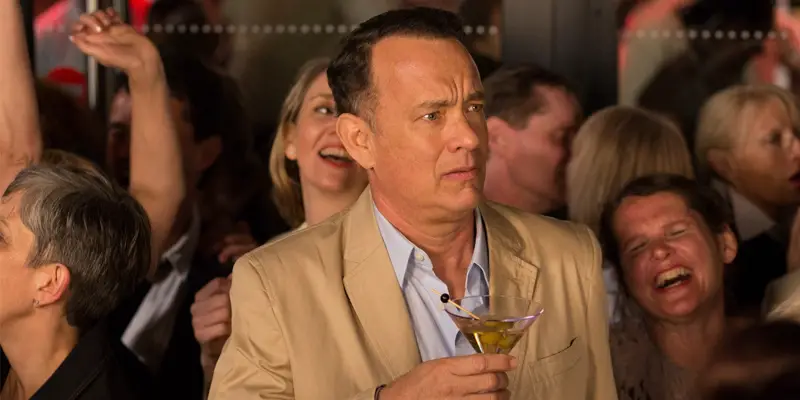
Is there a term for one-hit wonder film directors? Whilst the idea of the one-hit wonder is quite prevalent within music (I’m a sucker for late ’90s, early 2000s one hit wonders, who doesn’t love Breakfast at Tiffany’s?), it’s a concept that’s becoming quite frequent in cinema as well; filmmakers who coast off the success of one film.
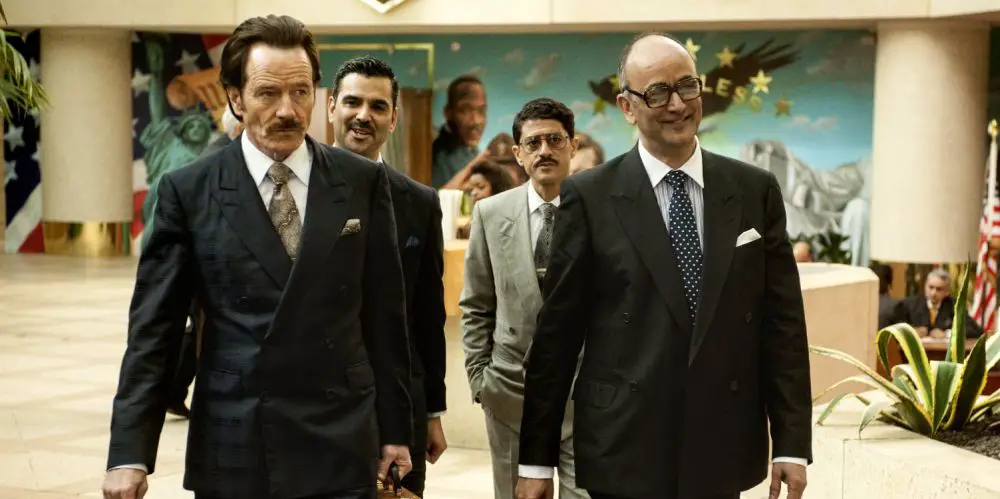
In recent years, the gangster film seems to be a stale genre, with a majority of the films lacking any distinctive qualities. Last year’s Black Mass is a prime example, with the only really memorable aspect of the film being Johnny Depp’s performance. Viewed against this backdrop, then, The Infiltrator just manages to stand out amongst modern films.
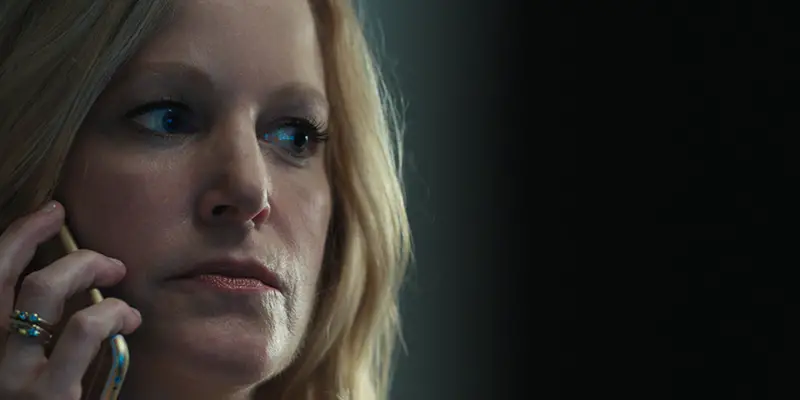
Meera Menon’s film Equity manages to tick a lot of boxes off in terms of the kind of characters it depicts and focuses on, from having a female lead (an incomparably skillful Anna Gunn, best-known for Breaking Bad), to a female ensemble, to numerous women behind the camera (led by director Menon, helming her second feature). One of many truly impressive feats the film manages to pull off is that it not once feels like it’s ticking any boxes – that the film is inclusionary of layered, dimensional female characters is of course, noteworthy, but it is one of its many strengths. Chief among these strengths is the compelling narrative, which starts from the screenplay (credited to Amy Fox, story by Sarah Megan Thomas, also onboard as a producer and co-star, with producer and co-star Alysia Reiner), and is bolstered by Menon’s capable direction, Gunn and the ensembles’ applause-worthy performances.
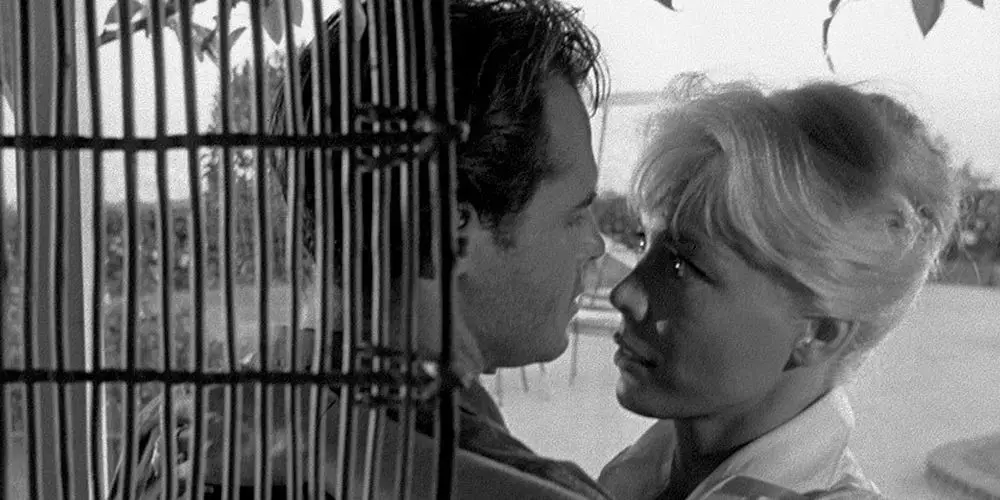
When it comes to cinema, it is truly the best and the worst of times. An unstable economy and the rampant rise of piracy have forced studios to rehash old films and hammer original ideas into the ground just to try and make money, with many mainstream movies now catering towards the profitable Chinese market to make those big bucks that the US haven’t been producing lately. Whilst it’s a dire situation, this new social media age has been a huge step forward in retaining and reviving film history.
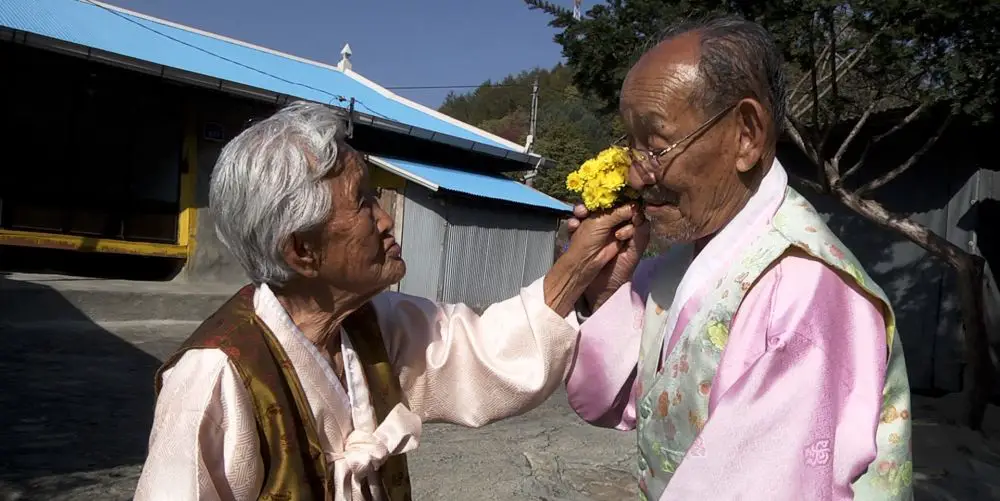
Jin Mo-young’s debut documentary feature, My Love, Don’t Cross That River, is extremely touching, and from solely watching the trailer of this South-Korean film, you can see why. Released for the festival circuit in 2014, Jin shows us a 98-year-old Jo Byeong-man and 89-year-old Kang Kye-yeol, who’d been married for 76 years. Jin filmed the elderly couple in their mountain village home in Hoengsong County, Gangwon Province for 15 months.
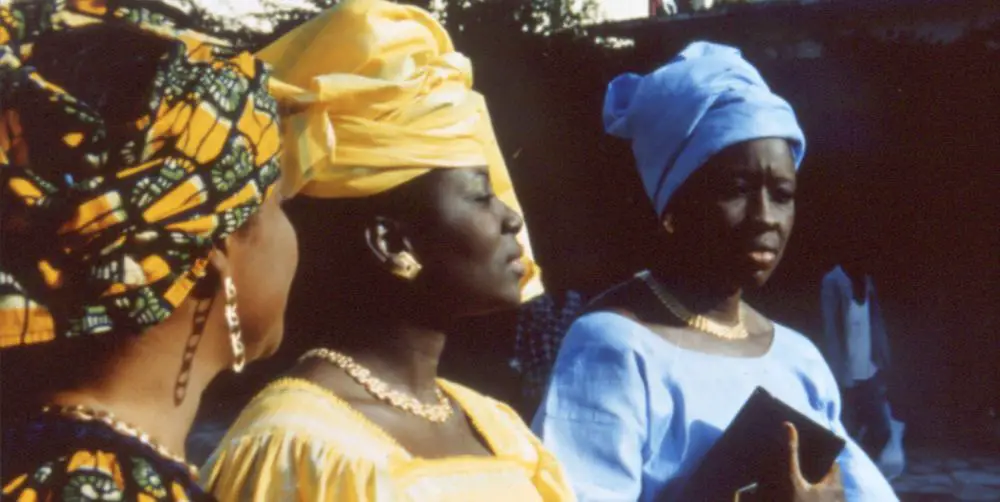
The opening sequence of Ousmane Sembene’s Faat Kiné shows us the complexity of urban motion in a place where modernity and traditionalism are still somewhat at odds. We see groups of women in traditional Senegalese dress walking through the city of Dakar. Then, the camera pulls further and further away from them until we can see can see a whole city block.



